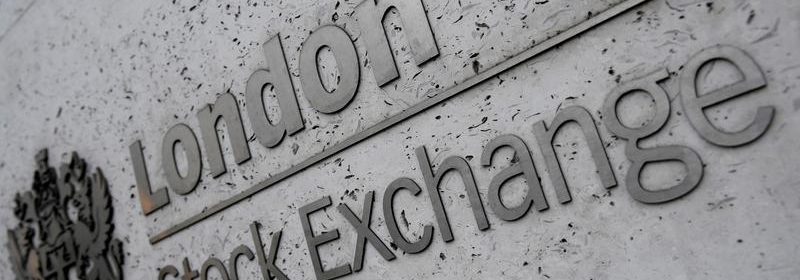Commodity stocks, inflation worries drag FTSE 100 to over 5-week low

(Reuters) -London’s FTSE 100 fell on Thursday, dragged down by losses in heavyweight commodity stocks and Burberry Group, while fears of a spike in inflation as the economy recovers hurt demand for equities.
The blue-chip index slipped 0.6% to its lowest level since April 7.
Miners such as Rio Tinto, Anglo American, and BHP Group and oil majors BP and Royal Dutch Shell were among the biggest drags, tracking lower crude and commodity prices. [O/R][MET/L]
The domestically focussed mid-cap FTSE 250 index declined 0.2%.
Globally, stocks slipped after a shocking rise in U.S. inflation bludgeoned Wall Street and sent bond yields surging on worries the Federal Reserve might have to move early on tightening. [MKTS/GLOB]
“Inflation fears have been stalking the market all week and are showing few signs of easing,” said Sophie Griffiths, market analyst, UK & EMEA, at OANDA.
“Whilst some inflation is good for companies and the market, the latest US consumer price data points to the balance moving too far in one direction.”
After rising 11% this year on reopening optimism, the FTSE 100 has pared some of those gains in the last few sessions on worries that central banks might tighten their ultra-loose monetary policies sooner than expected to curb inflation.
Luxury brand Burberry tumbled 4.2% on Thursday after it reported lower annual sales, hit by store closures and reduced tourism.
BT Group, Britain’s biggest broadband and mobile provider, slid 5.9% after it reported lower earnings for the year to end-March and forecast adjusted revenue to be broadly flat this year.
Canadian computer chip designer Alphawave IP Group’s shares tumbled 16.3% in their London market debut.
However, cyber security adviser NCC Group gained 14.2% after it proposed to buy the intellectual property management business of Iron Mountain Inc.
Source: Read Full Article
